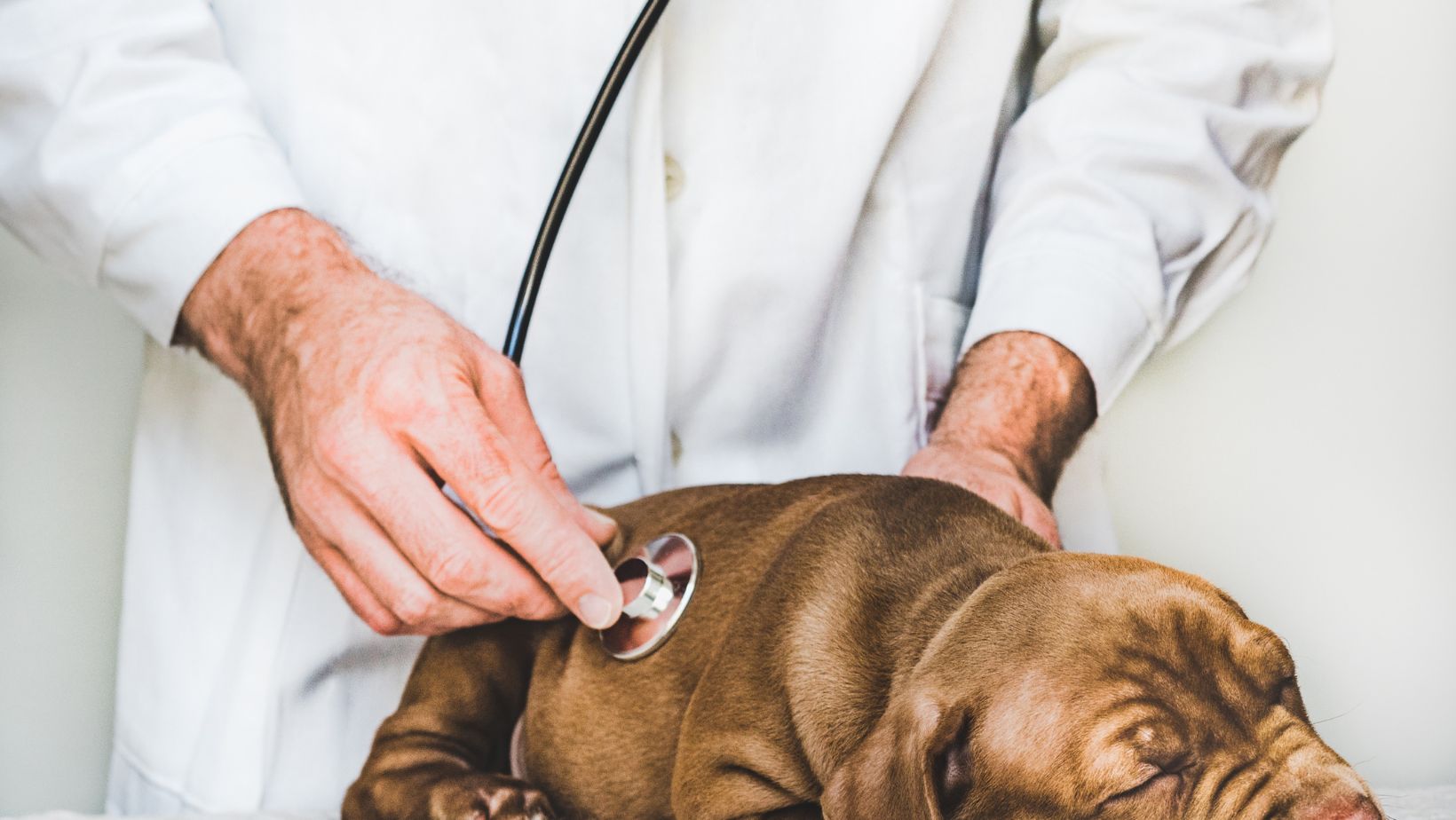How to Get my Dog Trained as a Service Dog
As an expert in the field of service dogs, I understand how important it is for Labrador owners to know their rights and how to get their beloved furry companions trained as service dogs. In this article, I’ll provide you with valuable information on the rights of service Labrador owners and guide you through the process of getting your dog trained as a service dog.
When it comes to the rights of service Labrador owners, it’s essential to be aware that there are legal protections in place. Under the Americans with Disabilities Act (ADA), individuals with disabilities have the right to be accompanied by their service animals in public places. This includes restaurants, stores, hotels, and other establishments open to the public. It’s crucial for Labrador owners to understand these rights so they can confidently navigate various situations.
The Importance of Service Labrador Training
When it comes to owning a service Labrador, training plays a crucial role in ensuring both the dog’s well-being and their ability to assist their owner. Service Labrador training is not just about teaching basic commands; it encompasses a comprehensive program that focuses on specific skills tailored to meet the needs of individuals with disabilities. Let’s delve into why service Labrador training is so important:
- Enhancing Safety and Independence Properly trained service Labradors provide invaluable assistance to their owners by performing tasks that mitigate their disabilities. Whether it’s guiding someone with vision impairment, alerting someone with hearing loss, or providing stability for someone with mobility challenges, these highly trained dogs help enhance safety and promote independence.
- Promoting Social Inclusion Service Labradors are not only skilled workers but also serve as social bridges for their owners. These dogs are trained to behave calmly and confidently in public settings, allowing individuals with disabilities to participate more fully in various activities and engage with others without feeling self-conscious or isolated.
- Improving Quality of Life Service Labradors have an incredible impact on the overall well-being of their owners. Their companionship brings emotional support, reduces stress levels, and boosts mental health. Through specialized training techniques, these dogs learn how to recognize signs of anxiety or distress in their owners and provide comforting interventions when needed.
- Ensuring Compliance with Legal Rights In many countries, including the United States under the Americans with Disabilities Act (ADA), service animals are protected by law. However, legal rights can be upheld only if the dog meets certain criteria regarding behavior and training standards set by reputable organizations such as Assistance Dogs International (ADI). By investing time and effort into proper service Labrador training, owners ensure compliance with legal requirements while enjoying all the benefits that come along.
- Strengthening the Bond between Owner and Dog Training sessions provide an opportunity for building a strong bond between service Labrador owners and their dogs. The training process involves positive reinforcement techniques, establishing trust, and clear communication channels. This mutual understanding fosters a deep connection that goes beyond the working relationship, creating a sense of companionship and teamwork.

Understanding the Rights of Service Dog Owners
When it comes to owning a service dog, it’s crucial to understand your rights as an owner. These amazing animals provide invaluable assistance and support to individuals with disabilities, allowing them to lead more independent lives. Here’s a breakdown of the key rights that service dog owners should be aware of:
- Access to Public Places: One of the most important rights granted to service dog owners is access to public places. According to the Americans with Disabilities Act (ADA), service dogs are allowed entry into any area where the general public is permitted, including restaurants, stores, hotels, and transportation services. This ensures that individuals with disabilities can fully participate in society without discrimination.
- Housing Accommodations: As a service dog owner, you have the right to live in housing accommodations even if they have strict pet policies or breed restrictions in place. The Fair Housing Act (FHA) protects your right to keep your service Labrador by exempting them from any restrictions or fees imposed on regular pets. However, it’s important to note that this protection only applies if your Labrador is trained as a legitimate service animal.
- Employment Rights: Service dog owners also enjoy certain employment rights under the ADA. Employers are required by law to make reasonable accommodations for employees who use a service dog due to their disability. This includes modifying workspaces or schedules as necessary for both physical and emotional support dogs.
- Air Travel: If you’re planning on traveling with your Labrador by air, rest assured knowing that you have specific rights when it comes to flying with your furry companion. The Air Carrier Access Act (ACAA) allows individuals with disabilities and their service dogs access onto commercial airlines without additional charges or requirements beyond those applied to other passengers.